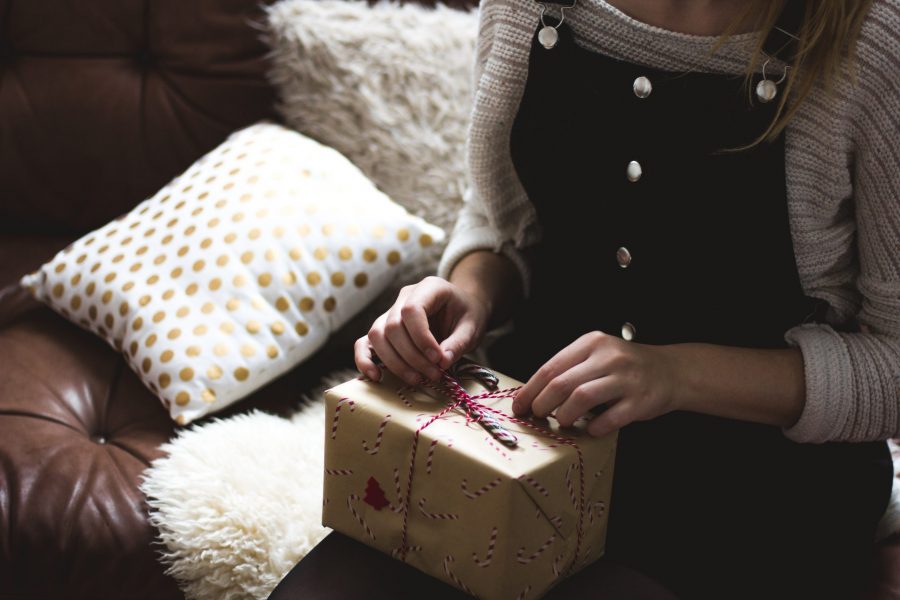Tweaking Tradition, Part 1
Tradition is not a neutral word.
Like college football, or Jesus, or anything political, it evokes a strong emotion, reflecting how traditions have played out in our lives.
I, too, have had a love-hate relationship with traditions over the past few years.
The following article was first published last year for the holiday season in a local magazine. Many have asked if I could post it on my website. The piece will come out in two parts. Because I now see it as having two purposes. In this week’s post, Part 1 shares about the importance of traditions for families, primarily from a mother’s perspective.
What is not included in the article is the actual evidence. My experiences as a mom, a Parent Educator, and a Court Appointed Special Advocate have taught me that traditions give children identity, even in the most fragile families. Many studies have confirmed their significance:
- Traditions provide security. In a changing world, we all need a constant. This is vital during illness, grief, and other detours. We need a level place to heal and process. A stronghold in the storms of life.
- Traditions bind people together. By sharing a common identity, we feel value in belonging to something bigger than ourselves. Traditions do this by providing an avenue to celebrate our common roots, compare our similar situations, reinforce values, and recognize contributions.
- Traditions create happy memories. By putting a stake in our calendar and in our lives, traditions give us a frame of reference for remembering special events and milestones.
But here’s the Aha.
What all the research is pointing to is something the Spirit pointed out long ago. Traditions are simply a tool to help us remember the most important parts of who we are:
To remember how loved we are,
To remember how similar we are, and
To remember how constant it all is.
Traditions were always, only, meant to point us back to the Source of the memory.
Traditions were always, only, meant to point us back to the Source of the memory.Click To TweetIn our naïve exuberance, we can sometimes take traditions too far. Jesus’ words in Mark 7:6-8 convey that traditions should never supersede God’s will and His commandments to love Him and one another. When our traditions hurt or alienate someone else, they have lost their purpose of creating good memories.
So while traditions are vital, their very nature requires that sometimes they need to evolve over time or be suspended temporarily. As my article describes, I felt like I was failing as a mother when I couldn’t keep the holiday traditions going post-diagnosis. But the reality is, we fall short of God’s best for His family when we fail to adapt traditions for the sake of others.
And, as it turns out, traditions are at their best when they are flexible.
As James F. Kennan says, “In its richer meaning, however, tradition is always progressive, developing, and constantly calling us to receive it, enrich it, and humanize it.”
Traditions instill the identity God intended from the beginning when we grow and change, and yet we remember.
Traditions instill the identity God intended from the beginning when we grow and change, and yet we remember.Click To TweetPart 2 of this article will appear on my blog in two weeks. It will address how traditions need to evolve as life changes. And how we must be willing to tweak traditions to create healthy memories. (Plus, I’ll have a little bonus for anyone needing some quick ideas on how to adapt family gatherings to accommodate all our loved ones.)
*****
Four years ago, I sensed the holidays were changing. My children were growing up and my parents were growing old. But I had no idea how drastic that change would actually be in my house. Or how quickly it would arrive.
Our youngest chick was about to wing her way out of our protective nest. And I could already hear the hollow echo of two empty bedrooms becoming three. So I was determined to solidify and emphasize every tradition of home into her subconscious. But it was not to be.
The day after Thanksgiving is etched into our lives as a dividing line now, pre-illness and post-illness, although the sneaky symptoms had probably existed for years. I was feeling less than 100% the week of Thanksgiving, so I made an appointment with my primary care doctor at first opportunity, the morning of Black Friday. I was certain that although I might miss the door busters, I could make up for it that afternoon. But that was not to be, either. Instead, I was direct admitted to the hospital. What I thought was the flu, or pneumonia at worst, turned out to be heart failure. Our world’s orbit suddenly changed paths.
The traditions and perceived necessities of the holiday season stepped aside for a week in cardiac ICU and an emergency flight to the Cleveland Clinic.
Instead of putting up multiple Christmas trees and unwrapping and appreciating each cherished ornament, we were learning how to wear a Life Vest defibrillator. Rather than constructing a gingerbread house and having one last go at our special advent calendar, we were researching heart meds and outcomes.
That year we didn’t arrange our calendar around the last school Christmas concerts of our parenting lives. We arranged it around multiple doctor visits and extended rest periods.
Rather than amassing a pile of must-have gifts for each child, my husband drove me to one store on December 20. I reluctantly got into a motorized cart and chose one or two items for each from what was left on the near-empty shelves. I remember detesting the back-up beep as I tried to avoid running into the overwhelming shopping crowd that day. As the battery hummed to a halt, I noticed a friend I hadn’t seen in several months. She was shocked and concerned to see me looking and acting 30 years older than I was.
But none of that wounded me as deeply as feeling the carefully laid traditions slipping through my clenched fists.
My momma heart ached at the opportunities I was missing, at the traditions that were being lost. Like most my age, I became a mom pre-Instagram and pre-Pinterest. But we still put a lot of pressure on ourselves to establish and fulfill meaningful family routines at Christmas because we know that traditions are important. We want our kids to stay connected to home in healthy ways. We simply want home to mean something significant to them.
I felt cheated that my last year with a child at home was ripped away from me without warning. Deep into December through suffocating fatigue, I looked around and noticed the sagging pumpkins still on the mantle and at the front door. Everything seemed wrong about the holiday season stretching out in front of me.
(To be continued…)


Thank you for the beautiful story of how we are in different seasons of life whether by choice or by necessity. God bless you this Christmas season!
With love,
Pam
Thank you, Pam. I like how you put it, “by choice or by necessity.” So very true. Blessings, friend!